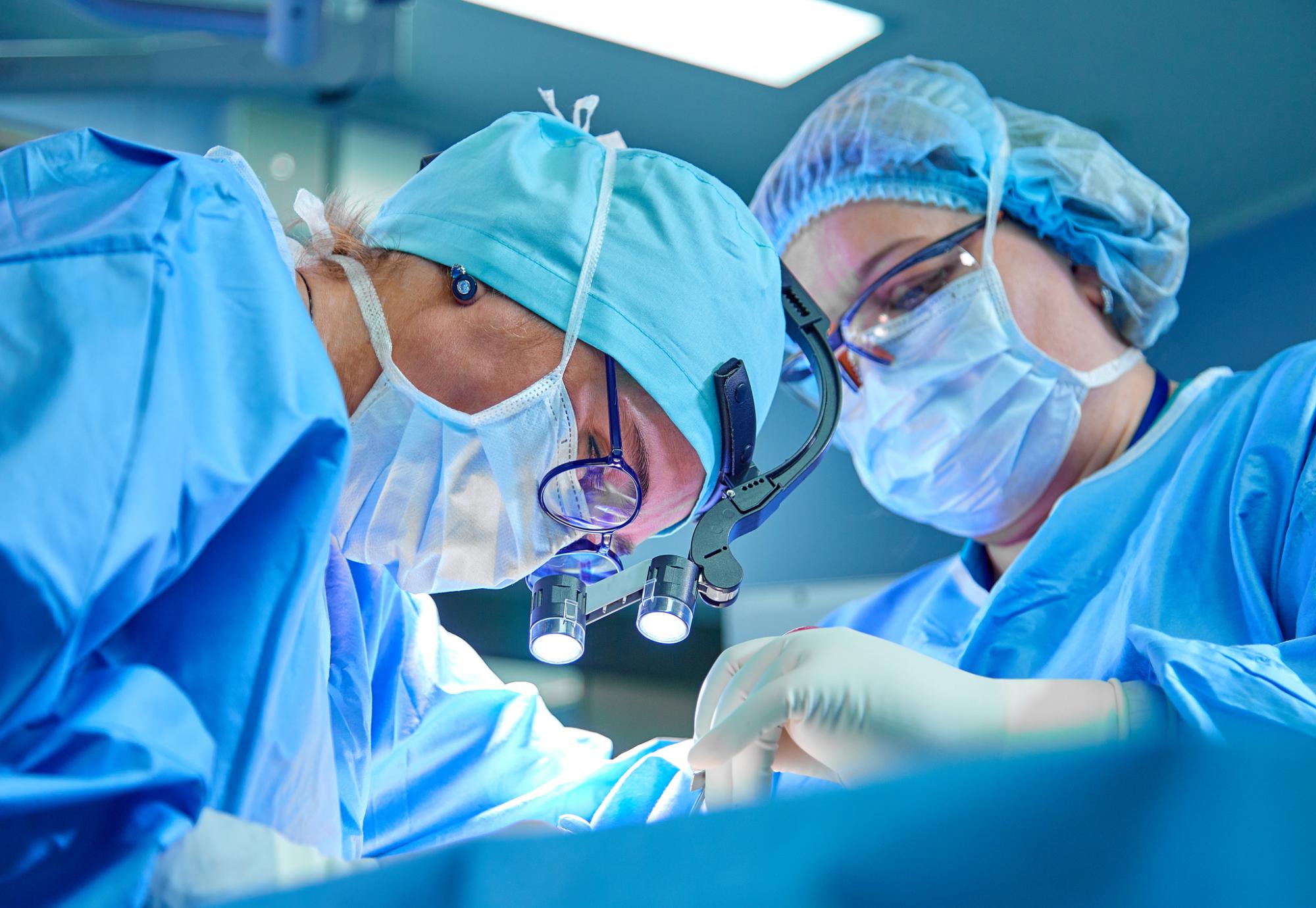As many as one in seven cancer patients around the world have missed out on potentially life-saving operations during Covid-19 lockdowns, according to data from a new NIHR-funded study.
Led by researchers at the University of Birmingham, the study highlights the significant impact necessary Covid restrictions have had on other health conditions, with health services across the globe – including the NHS – now facing a significant treatment backlog to reach and support these patients who have missed treatment opportunities.
It showed that planned cancer surgery was affected by lockdowns regardless of the local Covid-19 rates at the time. Patients from lower income countries at the highest risk of missing their surgeries, but missed operations were seen across the board.
As part of the National Institute for Health Research COVIDSurg Collaborative, almost 5,000 surgeons and anaesthetists from around the world worked together to analyse data from the 15 most common solid cancer types in 20,000 patients across 466 hospitals in 61 countries.
The team have published their findings in The Lancet Oncology medical journal.
Comparisons were made by the researchers for cancellations and delays before cancer surgery during lockdowns, with those during times with light restrictions only.
During full lockdowns, one in seven patients (15%) did not receive their planned operation after a median of 5.3 months from diagnosis – all with a Covid-19 related reason for non-operation.
In comparison, during the periods of light restrictions, the non-operation rate was dramatically lower, at just 0.6%.
The data also highlighted that patients awaiting surgery for more than six weeks during full lockdown conditions were significantly less likely to have their planned cancer surgery. Frail patients, those with advanced cancer, and those waiting for surgery in lower-middle income countries were all also less likely to have the cancer operation they needed.
James Glasbey, Co-Lead Author from the University of Birmingham, said: “Our research reveals the collateral impact of lockdowns on patients awaiting cancer surgery during the pandemic. Whilst lockdowns are critical to saving lives and reducing the spread of the virus, ensuring capacity for safe elective cancer surgery should be part of every country’s plan to ensure continued health across the whole population.”
“In order to prevent further harm during future lockdowns, we must make the systems around elective surgery more resilient – protecting elective surgery beds and operating theatre space, and properly resourcing ‘surge’ capacity for periods of high demand on the hospital, whether that is Covid-19, the flu or other public health emergencies.”
Aneel Bhangu, fellow Co-Led Author and also from the University of Birmingham, added: “The most vulnerable patients to lockdown effects were those in lower income countries, where capacity issues that were present before the pandemic were worsened during lockdown restrictions.
“Patients in these environment were at highest risk of cancellation, despite being younger and having fewer co-morbidities.”
“Whilst we only followed patients that underwent a delay for a short period of time, evidence from other research suggests that these patients may be at higher risk of recurrence. To help mitigate against this, surgeons and cancer doctors should consider closer follow-up for patients that were subject to delays before surgery.”
Types of cancer which saw treatment data analysed by the researchers included colorectal, oesophageal, gastric, head and neck, thoracic, liver, pancreatic, prostate, bladder, renal, gynaecological, breast, soft-tissue sarcoma, bony sarcoma, and intracranial malignancies.
The project was funded by the Global Health Research Programme.



















